Double Feature: Everything you need to know about your ORC Dunstan Candidates
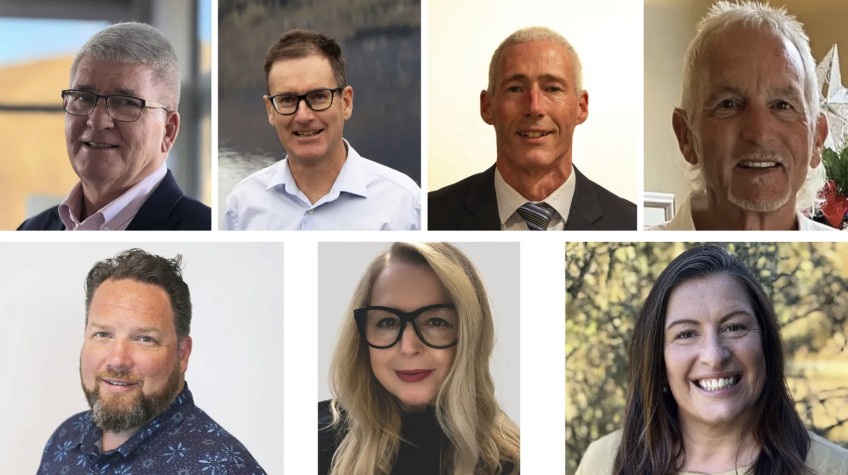

These two articles appeared on Crux Substack as Parts 1 and 2. Here's both pieces - as one double feature. Thanks to our paid subscribers for funding our work. You can subscribe here - free or paid.
By Zizi Sparks.
If there’s one thing the seven candidates for Otago Regional Council’s Dunstan Constituency can mostly agree on, it’s that double digit rates rises are not sustainable.
In its most recent long-term plan, the council agreed to average rates increases of 16.3 per cent in 2024/25, 13.8 per cent in 2025/26 and 8.7 per cent in 2026/27.
Three of the seven candidates are running under the Vision Otago banner and the trio proposes tackling rates by looking at staff numbers. The Vision Otago team is made up of incumbents Michael Laws and Gary Kelliher along with newcomer Nicky Rhodes and candidates in other constituencies.
Laws says the rates rises have been “obscene” particularly given Otago Regional Council’s positive financial position bolstered by the $15 million annual dividend from the Port of Otago.
“Vision Otago are the only group dedicated to reducing rates in our first term - not holding them at single digit or inflation - but reducing the rates burden.”
Kelliher says the regional council organisation is too big and inefficient and if elected the team would look to reduce staff from 360 to 300 over three years, primarily by looking at middle management structures.
“What I'm suggesting is that over three years, there would be a natural attrition, a restructure, no new additions. On average, across the organisation, each employee costs $150,000 to the ratepayer. So, 60 staff reduced is $9 million in reduction.”
His view on rates rises is simple: “We have to rein that in.”
Kelliher says they should also look at better dividends from the port to offset costs and improve efficiency.
He believes these things would result in an “immediate, substantial rates reduction”.
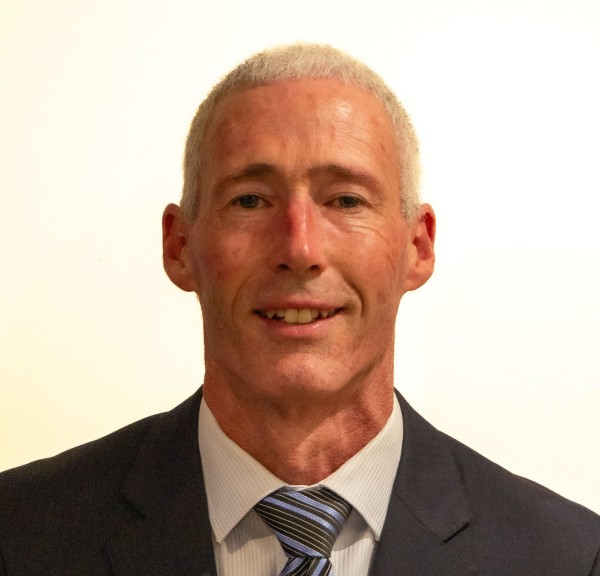
-
Gary Kelliher says rates rises need to be reined in.
Rhodes agrees rates rises are “not sustainable” particularly for those on fixed incomes such as the many retirees in the community.
“With the value of ORC versus the outgoings and the rates increases, it just doesn't seem to make sense,” she says.
“We need to ensure that we actually have the right staff and the right numbers of staff to do the job ... And the Port of Otago is a massive asset, obviously for the Otago region. So is it being utilised? Is income from that being maximised the way it could be?”
Independent Amie Pont also shares the view of the Vision Otago team around staff and management.
“ORC needs to run as a business model, the management structure is top heavy in terms of pay scales, long-term roles need to be evaluated.”
However she says the double-digit rates increases have been “a catch-up" and rates won’t be increasing at that pace going forward. She supports conservative rates increases until inflation has decreased.
She would also like to see the threshold for the national rates rebate scheme increased and supports targeted rates.
-
Amie Pont is supportive of targeted rates.
For independent Ben Farrell, there has been too much of a focus on the numbers, and not enough on what rates are getting people.
“Are you getting value for money on every dollar spent on your rates? And are the councils who are spending your rates accountable for that spend?”
Farrell believes ratepayers have been getting value for money on every dollar recently.
Neil Gillespie, who is the current deputy mayor of Central Otago, agrees with Farrell in a sense.
He says the council needs to look at what is being funded by rates, and ask if they are the council’s core services, or what the community wants.
“Like anybody, I don't like the fact that rates have gone up horrendously in the last few years. But it also comes down to us making sure that we understand what the needs of our community are and focus on them first and foremost and find out the best way to fund them.”
While the council is relatively flush, thanks to assets such as the port, Gillespie says reserves shouldn’t be used to offset day-to-day operational costs.
“Eventually, that money, that nest egg, will run out and then all of a sudden you find that your rates are going to have to go up.
“Just because you've got money in the bank doesn't mean to say that you should use it to offset rates.”
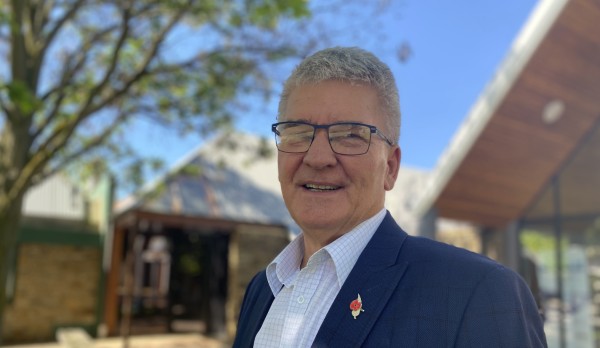
-
Neil Gillespie says council reserves shouldn’t be used to offset day-to-day operational costs.
Matt Hollyer says, “everything’s a balance”.
“As a councillor, you're one of 12 people around the table making final decisions on recommendations. What you don't spend money on now can become a burden on future generations. What you spend money on now can also be a challenge for people,” he says.
“You're never going to keep everybody happy, and you've just got to make well-informed decisions that are in the best long-term interests.”
Meet the candidates
So, who are the seven people vying for the four Dunstan seats at the regional council table, and why?
Ben Farrell has a background in policy, planning and development which has seen him work with regional councils.
“I’d like to bring some of that thinking to the council table to be at the front end of helping and leading these important discussions that the regional council gets involved with,” he says.
Farrell wants to ensure the Otago Central Lakes District is well represented now the area has more seats.
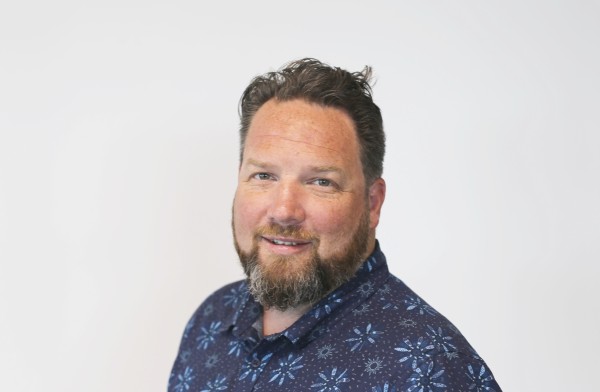
-
Ben Farrell has a background in policy, planning and development and wants to bring that to the council table.
Neil Gillespie has been in local politics since 1998 and been Central Otago’s deputy mayor since 2010.
Having left his career in the electricity industry Gillespie feels he no longer has a conflict of interest with some of the council’s work so he has a chance to “do something different”.
Gillespie says the change is connected to the skills he’s developed throughout his working life, such as resource management expertise.
“Equally, I've got a skill set that I think would make me an effective regional councillor.”
Matt Hollyer has a background in tourism and conservation through which he’s engaged with regional council and government processes.
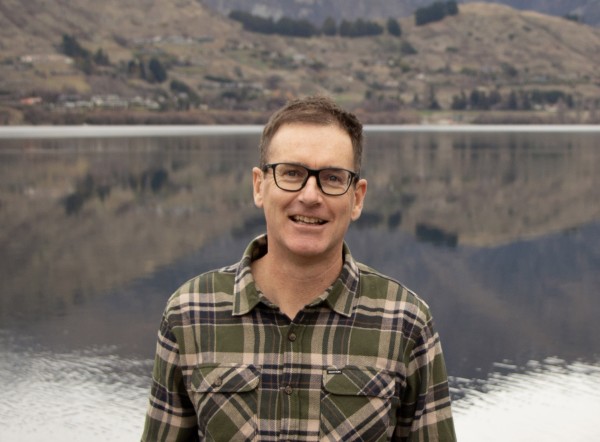
-
Matt Hollyer says councils need to make well-informed decisions that are in the best long-term interests.
He says working with people and on conservation improvement projects motivated him to run for council.
“I met a whole lot of awesome people, working in fantastic projects to try and improve nature and conservation around the place and that really motivated me to want to try and make a contribution so we can all make a bigger impact at a bigger scale.”
Incumbent Gary Kelliher says he wasn’t planning to stand for re-election.
“I’m sick of being in the minority where you are constantly battling against a Dunedin-centric group of councillors.”
But he found his concerns aligned with Vision Otago and he sees a chance for meaningful change if multiple members of the group are elected.
“There is a means to rein the council in.”
Also with Vision Otago, incumbent Michael Laws says this election poses an opportunity for the Dunstan Constituency to assert itself at the council table. He wants to address things like water quality, rates and high staff numbers if re-elected.
“This election our Dunstan Ward has the first chance ever to assert itself around the council table. We contribute more regional rates income than any other Ward (than all wards combined) but had only three of the elected 12 councillors at the ORC.”
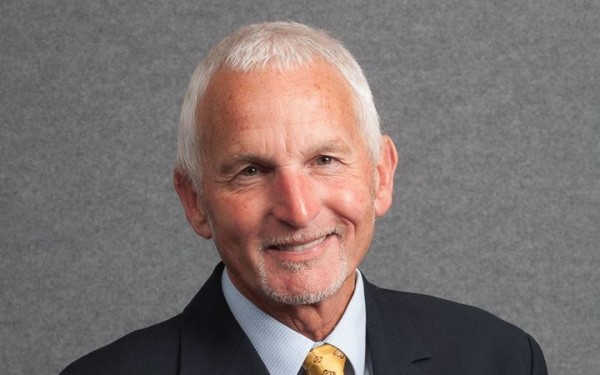
-
Michael Laws says he has unfinished business.
Laws says he is standing for re-election because he has “unfinished business”.
Vision Otago’s Nicky Rhodes says she started working from home more frequently two years ago and was looking around the community at where she could help. A conversation with Laws led to her nomination.
She says while the Vision Otago candidates are all individuals, they are like-minded and aligned on policies such as cleaning up the environment, rates reductions and reigning in costs.
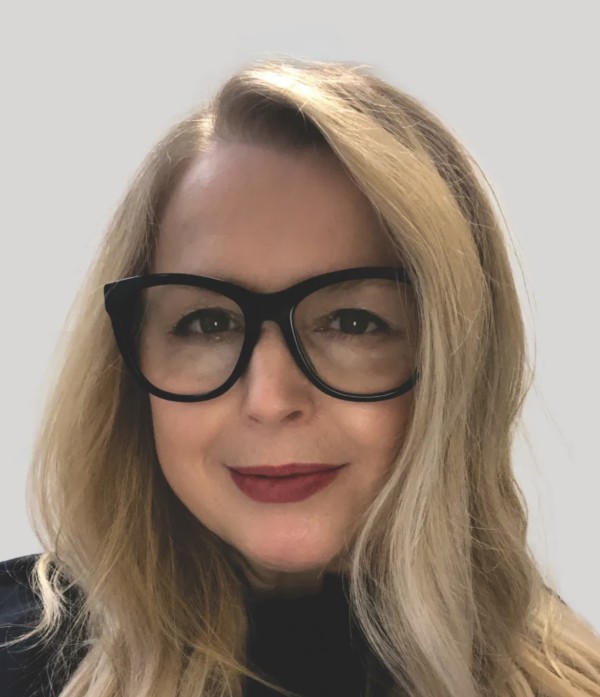
-
Nicky Rhodes who is running under the Vision Otago banner.
Amie Pont has lived mostly rurally in the area for 20 years. She has been involved in catchment work particularly around the Taieri Catchment and worked with councils over the years.
“I've got a genuine interest in the work that Otago Regional Council does and it just feels like a natural progression for me to look at how I can take my rural voice to a regional level,” she says.
“If I become a councillor I know that I'll give it 150 percent ... The more research I've done, the more confident I've become thinking this is the next step in my passion to serve.”
The future of New Zealand’s 11 regional councils is under scrutiny as part of Resource Management Act reforms.
The seven candidates can agree the believe the regional council is still necessary.
“I wouldn't be sticking my hand up if I didn't think they were necessary,” Farrell says.
“I'd acknowledge there's always room to review the institutional arrangements ... But in terms of the status quo, I see no issues with the current arrangements and I haven't heard anything real from anyone that I know to suggest that there's no role for Otago Regional Council going forward.”
Gillespie believes a regional council is still necessary in the current environment and if disestablished, the council functions would still need to be done somewhere by someone else.
“Until something changes, it is what it is. There's a lot of work to be done in the area of land and water and air and I think I've got the right skillset to be part of that.”
Pont believes the regional council’s functions couldn’t be loaded on to already resource-strapped district councils.
“Yes, let’s look at the structure, let's look at our effectiveness of who we've got ... Let's just see how we can do things better and be more efficient.”
Laws agrees saying he doesn’t believe QLDC or CODC could assume ORC responsibilities at this point but says “local government reform in New Zealand is long overdue. That’s the greater need”.
Rhodes also says the regional council has value, especially given the large geographical area it covers.
Kelliher argues regional councils are “destructive in their current form” and lead to doubling up of consenting authorities.
He says if a unitary authority can be more efficient while also managing and protecting the environment, and enhancing the economy, he’d be open to considering it.
While Hollyer doesn’t have a view on whether regional councils are still necessary, he says there needs to be a system for managing and maintaining the environment.
“If a regional council is the best way to do that, then keep it going. You've got to make sure the community and the environment are connected at a local level. If there's an alternative that achieves the same thing or better, then why not look at it?”
Part 2.
Balancing the wants and needs of the Otago region’s smaller towns and cities against the regional council's home base of Dunedin is front of mind for those wanting to represent the Dunstan Constituency.
Following a recent representation review the Local Government Commission determined Otago Regional Council’s Dunstan Constituency would gain a fourth seat at the council table this election, at the expense of a seat in the Dunedin Constituency. The Dunedin City Council had appealed the loss of the Dunedin seat.
Budding councillors are welcoming the extra representation which incumbent Michael Laws says will end “Dunedin’s dominance around the council table”.
Otago Regional Council is headquartered in Dunedin with smaller depots around the region. Its new multimillion-dollar home for Dunedin staff is nearing completion.
Laws, standing for Vision Otago says he is thrilled provincial and rural Otago are getting nearer to the “representation that our population and disproportionate rates income deserves”.
“In turn, we can start getting the services and support that is our due.”
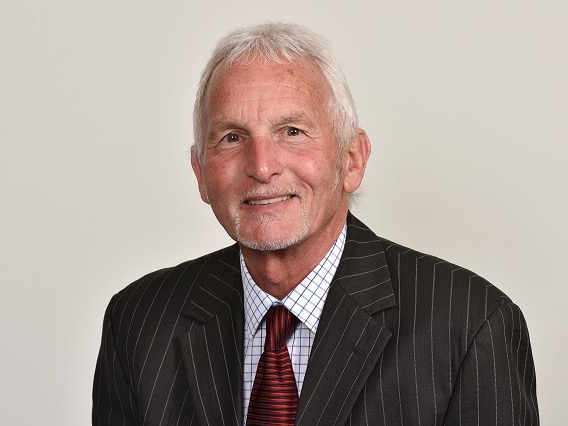
-
Michael Laws says an extra Dunstan seat will end “Dunedin’s dominance around the council table”.
Laws welcomes the extra representation but thinks more can be done.
“Ultimately if you don’t live within a community, you don’t really understand that community. The Dunedin-centricity of staff and policy and HQ infrastructure must be addressed.”
He wants to move staff to where the issues, the people and the community interaction are best served.
“It’s ridiculous to think that policymakers living 300 kilometres away in Dunedin, understand Queenstown or Wanaka issues - from buses to pest invasions to the lakes’ needs.”
Fellow incumbent and Vision Otago candidate Gary Kelliher says he is also sick of being “in the minority where you are constantly battling against a Dunedin-centric group of councillors.”
“This election is about reining in regional and local government and getting it back on track on behalf of ratepayers.
“And so, this election is about candidates standing up and saying what they're prepared to do to rein this in.”
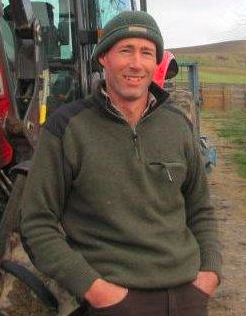
-
Gary Kelliher is ‘sick of being in the minority’ at the council table.
Also of Vision Otago, Nicky Rhodes says a Dunedin-centric organisation doesn’t make sense because more people in Otago live outside of Dunedin.
“I think it's probably time Dunedin had a look at how they balance things because a larger portion of our population does live outside the area. Areas like Wanaka, where I'm based, these are rapidly growing areas so the focus needs to swing much more towards the regions.”
Amie Pont says people need to feel like they are being heard.
“I’m done with being sort of consulted then key things not being heard, and then coming back and seeing plans delivered at us.
“It feels like sometimes the plans are already written and the boxes are getting ticked and then they're getting shown to you.
“I think there’s a lot of work to be done there in terms of actually how that's run down on the ground. We need to make every opportunity to connect one-on-one, kanohi ki te kanohi, especially with our farmers if they’re giving us their valuable time. They're sick of not being listened to, and we need to make sure that we make every opportunity to hear everything that they've got to say.”
-
Amie Pont says the council needs to connect with the community face to face.
Laws agrees saying public consultation feels like a “tick-box affair”.
“People don’t trust councils to listen. There’s a reason for that: they don’t. Not really.
“Restoring local democracy, giving communities an input before the draft plan is created, actually engaging communities in the big decision is far better than the status quo,” he says.
“I think the Vision team is the only option if electors want true reform. We’ve created detailed policy, done the research, looked at what works in NZ and overseas, and have the practical governance experience. We’re not candidates with a CV. We’re candidates with a plan, and a real passion for our Central Lakes region.”
While not standing together officially, Matt Hollyer and Ben Farrell are campaigning in support of each other in the hopes they can both be elected to provide strong voices for the Queenstown area.
Hollyer says the extra seat for Dunstan will help provide more even representation.
“We need to have good voices and good ears at the table. And Ben brings a skill set that's very different to mine. He's a professional planner, has really good connections with the community and understands the challenges of getting stuff done. So, I think there's an opportunity for us to really help this Queenstown area, but in a way that's good for the whole region,” he says.
“This election is a really good chance where we can get, hopefully, two really strong voices from Queenstown to make sure, A, that Queenstown issues are heard, but also Queenstown is listening to what the expectations are from the rest of the region.”
Farrell says he and Hollyer would work well as a voice for the district. He says ORC has been historically Dunedin-centric but the changes will allow Dunstan to be heard at the regional council table.
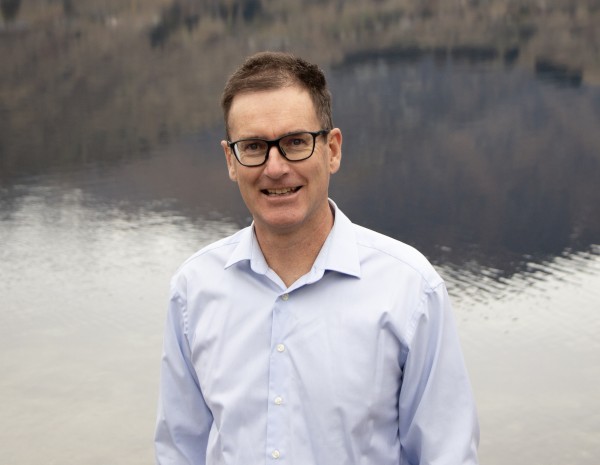
-
Matt Hollyer wants to be elected to provide a strong voice for the Queenstown area.
He also says he would stand up for the region in Wellington. For example making sure any possible regional deal gives the region a voice “because at the moment we don’t have one”.
What Farrell has to say also comes down to making sure community members are heard and listened to. He says his background as a planner has seen him develop skills like consultation and engagement and so he would aim to make sure communities are being heard.
“I want to make sure we're asking the right questions and at a regional council level, we're working closely with the territory authorities and engaging them.”
Farrell believes a key issue at the regional council is central government intervention.
“We need to make sure that we’ve got a strong local voice or regional voice as a council ... that’s a whole of council issue.

-
Ben Farrell believes a key issue at the regional council is central government intervention.
For Neil Gillespie, making sure everyone is accurately represented comes down to making sure future generations are left with an environment that has been sensibly managed, and about good, balanced decision making.
“The issue should be the collective councillors working together for the right thing, for the right reasons.
“When we get to the table where all the councillors are together, it's about the common good. It's about the big picture,” he says.
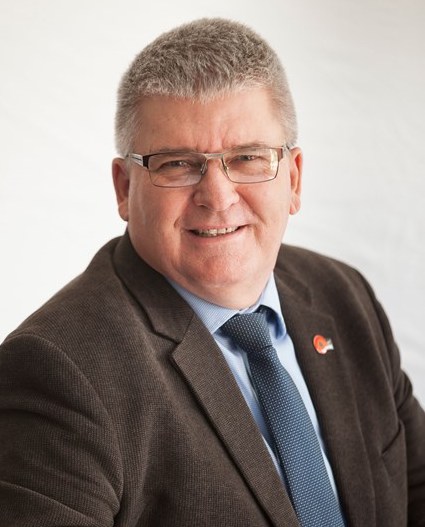
-
Neil Gillespie encourages voters to look at the big picture.
“I want to see people, when it comes to voting, to look at who they think it is that can see that big picture and is prepared to work in a team environment for the greater good, without any agendas, to try and get the right outcomes for the right reasons.”
Hollyer believes one way to connect with the community is through catchment action plans “to connect community groups and conservation, landowners, businesses and the general community around helping the cause”.
Amy Pont says housing is another big issue.
“We’re under supplying and there’s over demand.
“If we are saying that we can't accommodate growth without our infrastructure keeping up, I would like to see us keeping up with those infrastructure demands before we're signing off on huge development.”
Nicky Rhodes, says environment is a major issue.
“Otago’s a huge geographical area and we've got the most beautiful lakes possible, but we've also got extensive river networks and coastline, and it's just such a diverse area and it needs special environmental management.”
She says smarter regional pest control is needed and highlights the issue of aquatic weed Lagarosiphon in the region’s lakes.
“Freshwater quality is a major issue here because in the Dunstan area we've obviously got several lakes of significance and Lagarosiphon has affected some of those lakes now.”

-
Nicky Rhodes believes the environment is a major issue for the council.
She believes the council needs to work to strengthen voluntary catchment groups, conduct accurate monitoring based on science and evidence, and work with landowners to build relationships.
“The reality is, a lot of people don't really think much about water quality, but it affects urban areas as well. It's not just a rural issue, and I think that's something that people really need to think more about.”
HOW TO VOTE
For Central Otago and Queenstown Lakes district voters, it is important to note the distinction between the voting systems the district councils and regional council are using.
The district councils use the first past the post (FPP) voting system where voters tick a box to show who has their vote.
However the regional council is this year using the single transferrable vote (STV) system which requires voters to number candidates in order of preference.
The move to the STV system took place as part of the representation review which resulted in an extra seat for Dunstan.
Rather than a tick, voters must rank their candidates in order of preference ie. “1” for the favourite, “2” for the next, and so on. You can rank as many or as few candidates as you like.
Candidates must reach a certain number of votes to get elected based on the total number of votes and vacant positions. In the STV voting system, if a candidate meets the vote quota, your vote can be transferred to the next candidate in your numbered list.
It is important to tick for district council, and number for regional council. Putting ticks on the regional council form will result in a voided ballot paper.

























